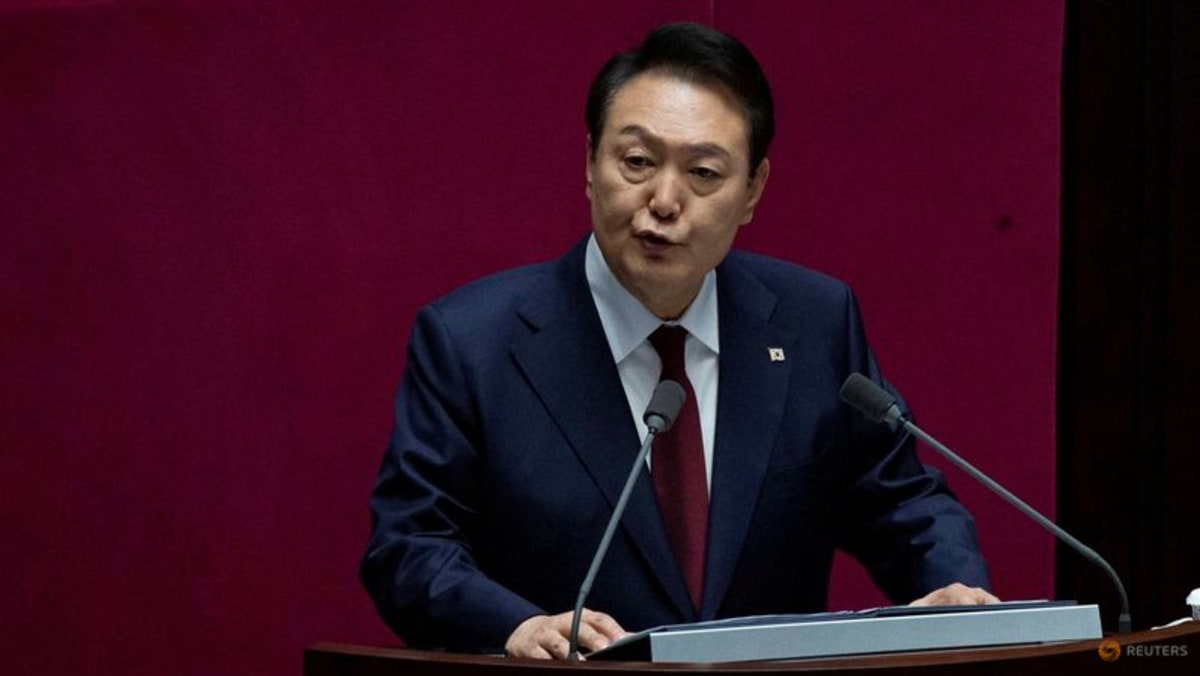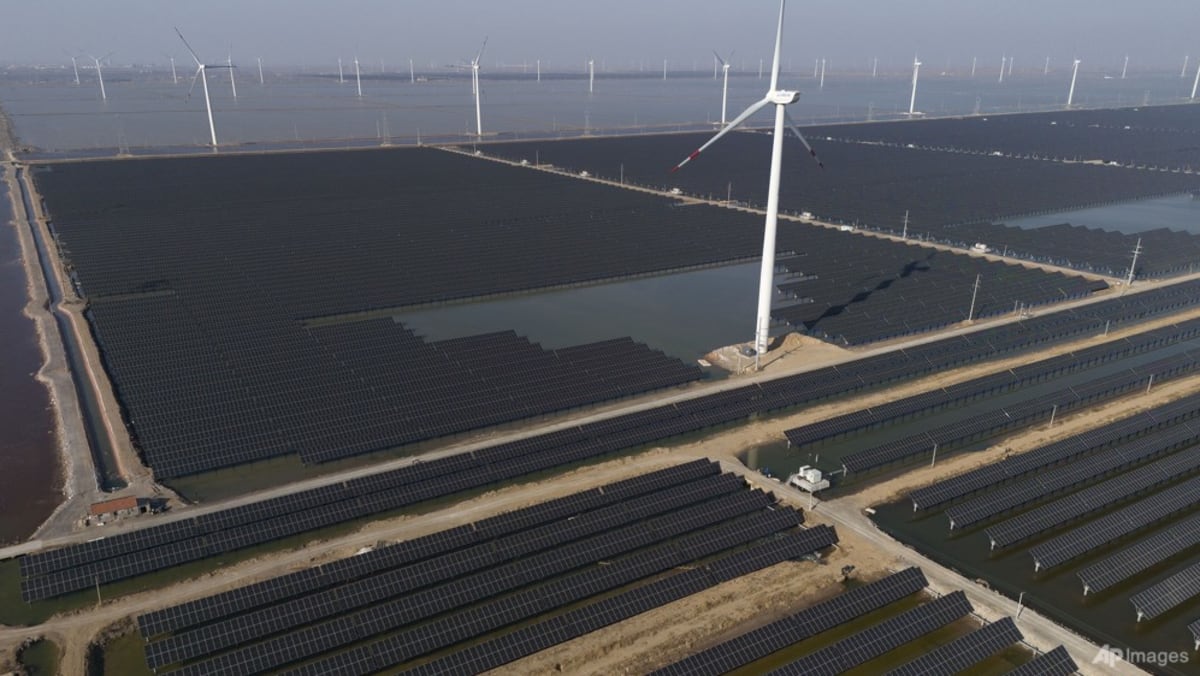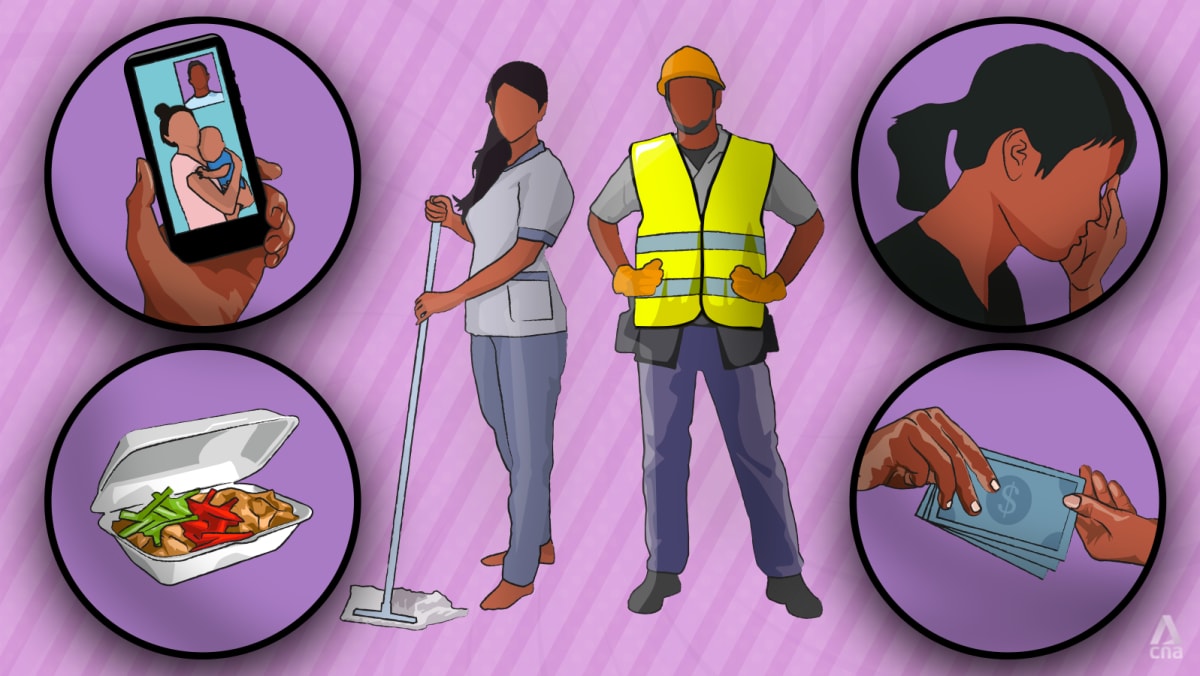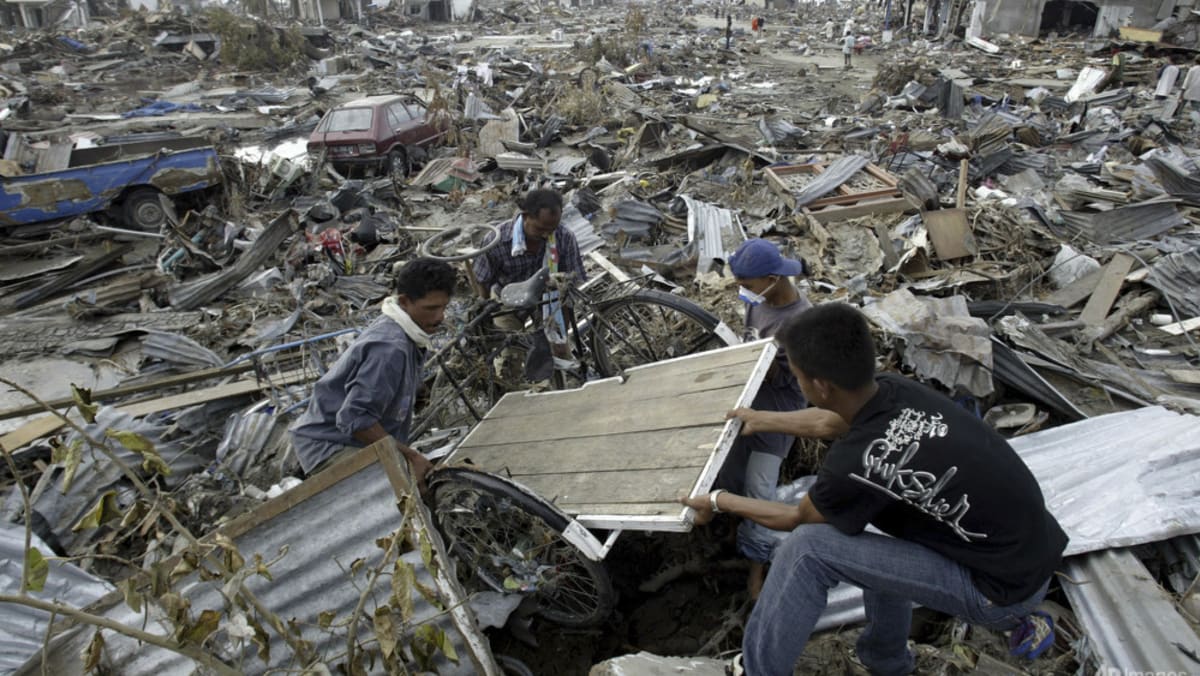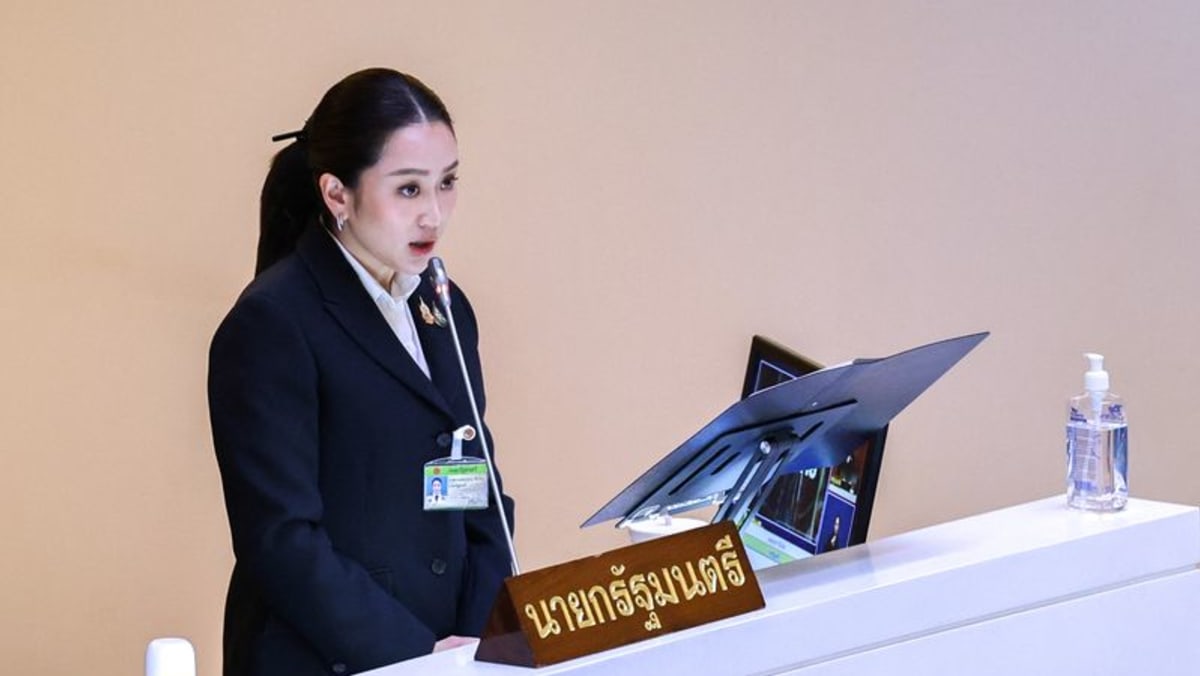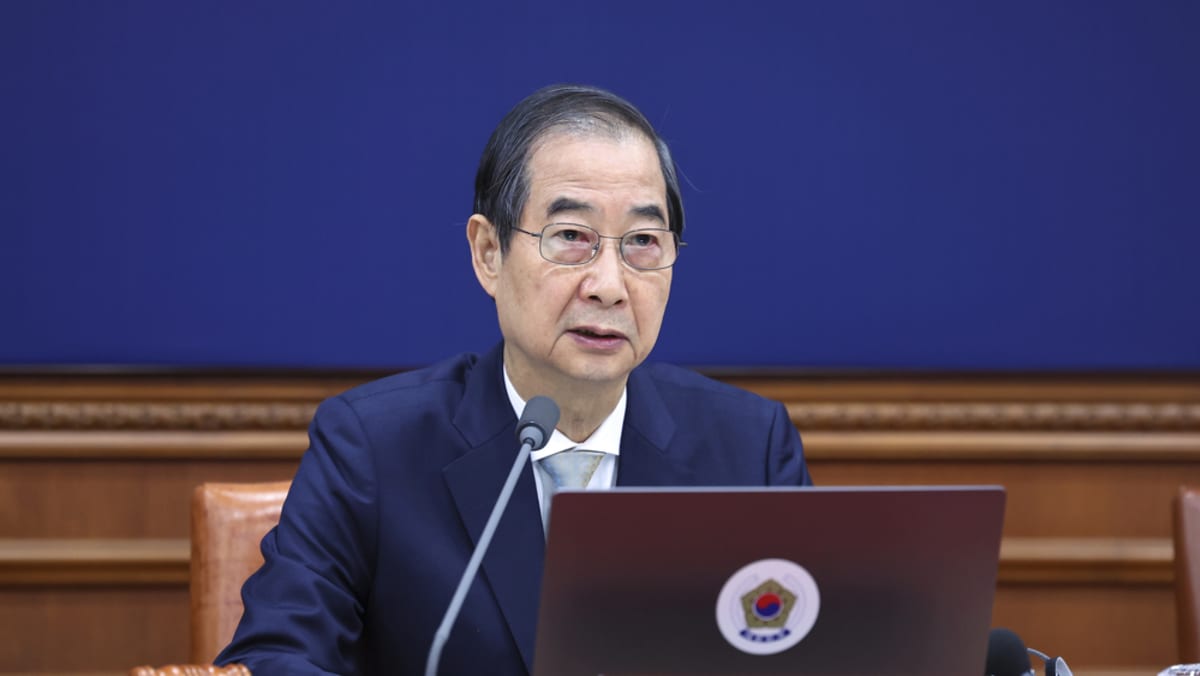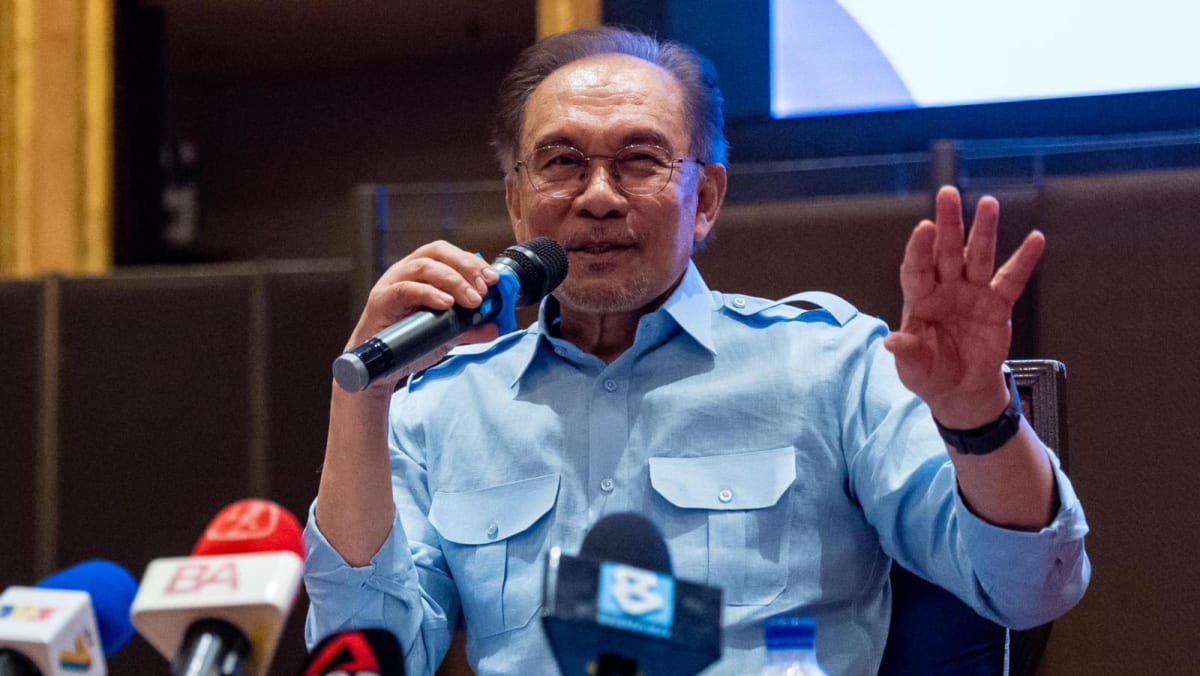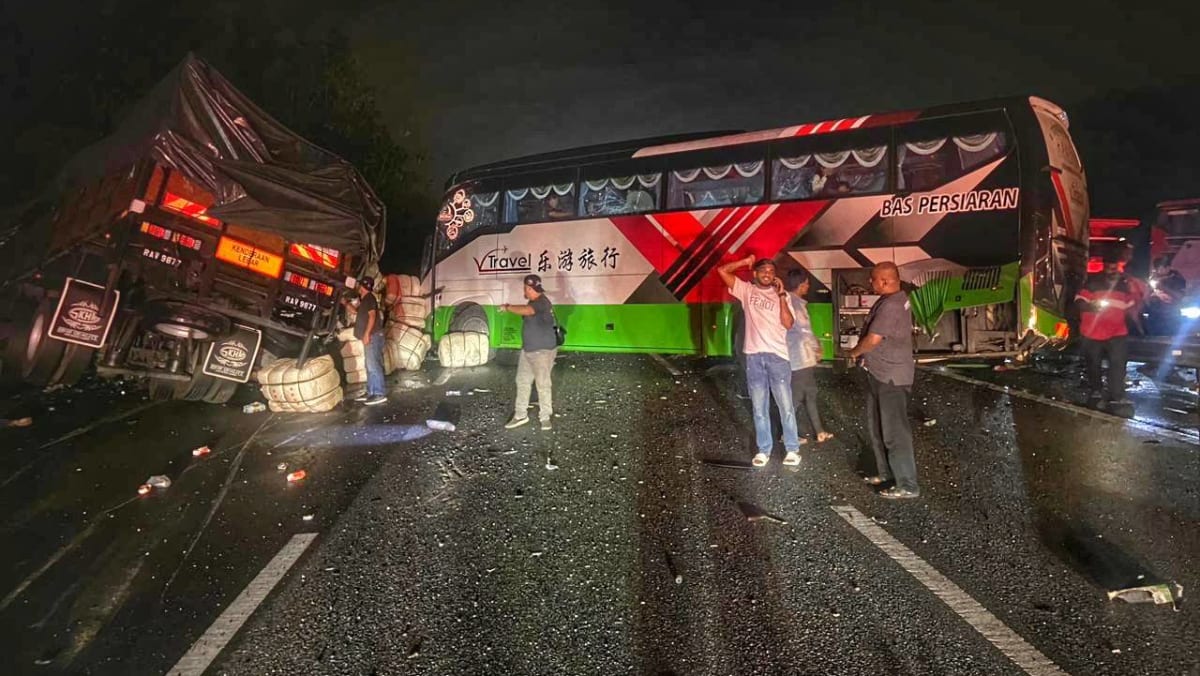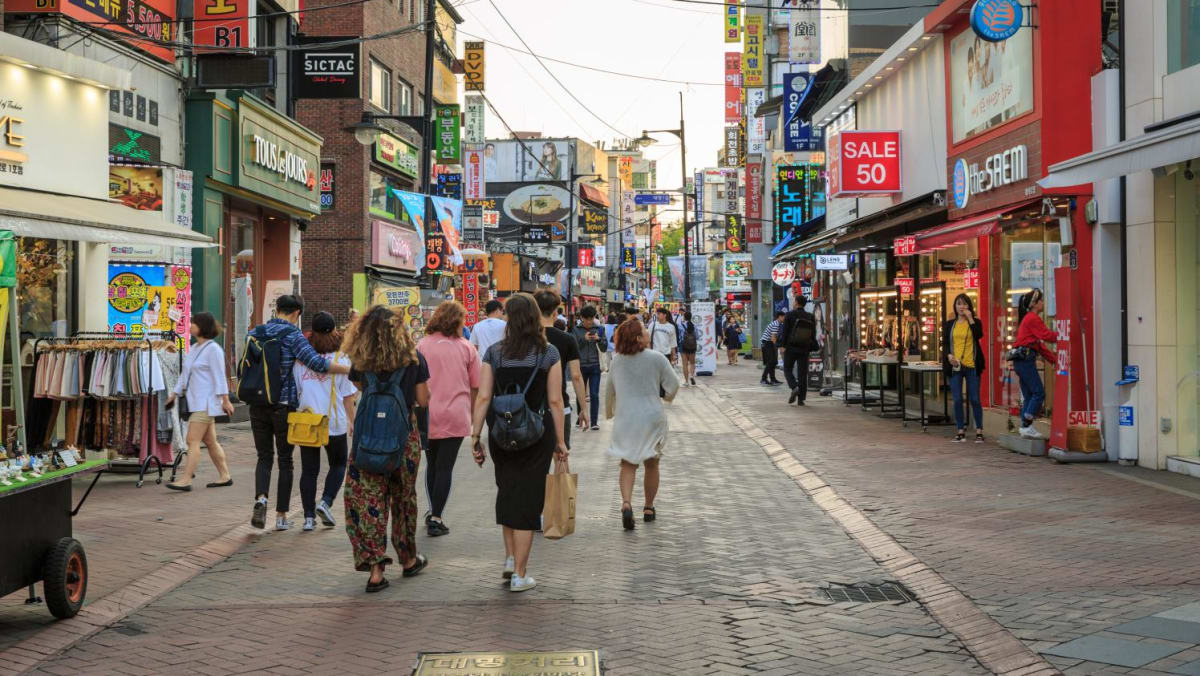‘Trade wars a lose-lose game’: Analysts say China mulls milder steps as Western nations pile on tariffs

Adding to this was an announcement on Monday from China’s Ministry of Commerce of a year-long anti-dumping investigation into Canadian rapeseed imports.
“Canada has ignored WTO (World Trade Organization) rules and violated its commitments at the WTO,” said a ministry spokesperson, adding that officials had “requested consultations” with their Canadian counterparts over the matter.
“(This) is a classic unilateral and trade protectionist act that seriously damages the rules-based multilateral trading system and disrupts global industrial and supply chains for (Chinese) EVs as well as steel and aluminium products,” the spokesperson said.
Canada’s trade policies will continue to closely mirror those of the US, said economics professor Dr Chen.
“Canada will just look to the US … If the US does actually cut some of the penalty tariffs imposed on Chinese EVs and other imports, maybe Canada will do the same. Otherwise, Canada will remain just as tough as the US on China.”
Commenting on the situation, Ms Garcia-Herrero expressed doubts about Beijing’s actions.
“China cannot use retaliation as strictly or as powerfully as it thinks,” she said, adding that Beijing may have also overplayed its hand in previous trade disputes and tensions with the US, as well as Australia and South Korea.
For instance, China in 2020 had imposed bans and duties on Australian products, when geopolitical disagreements with Australia turned into a full-blown trade war.
Though it scrapped the last remaining tariffs on wine in March and ended the three years of punitive levies, observers have voiced that producers may be reluctant to bank all their hopes in one seemingly attractive market in the near future.
“China thinks it has a lot of leverage, but it backfires because countries start fearing China, and therefore they want to de-risk,” she said.
While China’s trade measures have led to huge falls in Australian exports of the targeted goods to China, many of the affected Australian industries have found new markets in countries like Vietnam, Indonesia and Thailand.
And too strong a response from Beijing could backfire and add to the “a tremendous level of fear of China”, and “populism in the West over China”, says Mr Daniel Senger, managing partner at the Shanghai-based global advisory firm Wilton Partners. That adds to “impulsive” responses when it comes to policies on China, especially from politicians seeking office, he noted.
China views its EVs as “a comparative advantage in terms of both lower cost and higher sophistication” to what the West can currently offer… and believes they are being unfairly treated and inconsistent with WTO rules,” he told CNA.
“But Beijing seems to understand that its wolf warrior diplomacy was highly unpopular and even resented by many trade partners, especially in developed countries.”
Chinese foreign ministry spokeswoman Mao Ning on Aug 22 said the EU should work with China “in the same direction to discuss a proper settlement and avoid escalations”, while the China Chamber of Commerce to the EU has expressed that such measures could heighten trade tensions between China and the EU and send a negative signal to global cooperation and green development efforts.
One potential middle ground could be to allow lower-end affordable Chinese EVs that Europe and North America could not possibly produce economically, as well as expanding Chinese EV production in Europe, Mr Senger adds.
So Beijing would be careful this time round and might even adopt a “milder” approach, says SMU’s Mr Gao.
A SILVER LINING FOR SOUTHEAST ASIA?
Any trade war between China and the West would inevitably have spillover effects, analysts say, and one side that would seek to benefit is Southeast Asia.
China has been the region’s largest trading partner for 14 consecutive years and trade volume between countries reached record highs of US$722 billion in 2022.
Southeast Asian countries could benefit in a few ways.
“The first is to capture spillover volume (from China) at low prices,” said Mr Warwick Powell, an adjunct professor at the Queensland University of Technology.
“The second is that Chinese firms may expand their presence in (the region) as a platform to export to the EU and North America. This has been the pattern already.”
The region could see both positive and negative impacts in the aftermath of a potential tariff war.
“If the sanctions on China are so high that it will force more Chinese and foreign capitals previously located in China to move part of their production capacities out, the natural choice, or the easiest choice, would be Southeast Asia so the supply chain actually could be enlarged,” said Dr Chen.
Going forward, new Chinese EVs could also be exported from these Southeast Asian nations to the EU to the US, said law professor Mr Gao.
But this could also present challenges for EV manufacturers in the region who may struggle to compete.
According to Hong Kong-based Counterpoint Research, Chinese brands accounted for 70 per cent of all EV sales in Southeast Asia last year, with carmaker BYD firmly in the lead.
Vietnamese electric carmaker VinFast Auto is struggling to gain ground in the highly competitive EV market. It delivered just 9,689 cars in the first three months of the year, well off the pace to meet its annual 100,000 target. Last year, some 34,855 vehicles were sold, most of which went to related parties.
But even as China attempts to pivot and direct more exports to countries in Southeast Asia, it also faces pushback in the region.
Indonesia, a growing global powerhouse and Southeast Asia’s largest economy, has been eyeing heavy duties on textile imports. Thailand has also expressed concerns about the recent influx of cheap products from China, saying industry groups have been unable to compete.
Malaysia opened its own anti-dumping investigations on Chinese plastic imports in August, along with polyethylene terephthalate imports.
“The government will impose a provisional anti-dumping duty at the rate that is necessary to prevent further injury to the domestic market,” Malaysia’s Ministry of Investment, Trade and Industry said in a statement released on Aug 9.
Source: CNA


